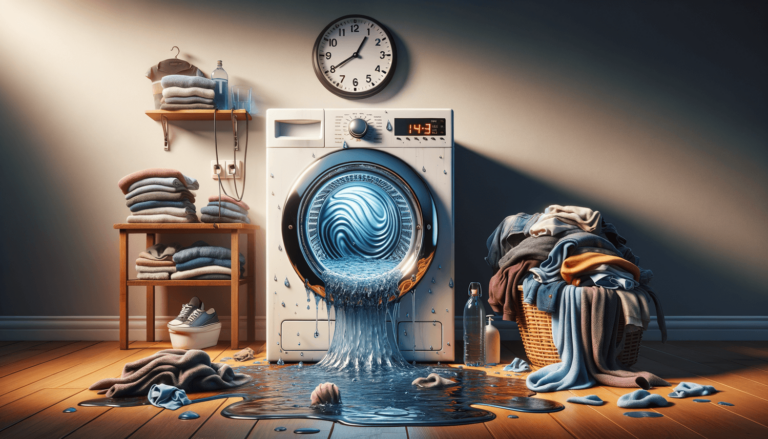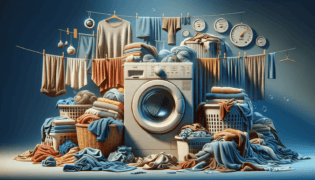

Written by: Settings King
Last updated:

If a dryer takes longer than usual to dry clothes, this is often caused by a clogged lint filter, vent obstruction, or a malfunctioning heating element. Clean the lint filter, check the vent for obstructions, and inspect the heating element to resolve the issue.
Remove the filter, use a vacuum to remove trapped lint, and clean it with a soft brush. Clean it regularly to maintain optimum dryer settings.
Detach the vent from the dryer, check it for any debris, and vacuum both the vent and the dryer connection. Keep the vent as straight and short as possible.
Test the element using a multimeter to verify whether it’s functional or needs replacement. Check the thermal fuse and thermostat as well.
Select energy-efficient settings as suggested by Settings King for optimal drying time. Consider using sensor dry options available in most modern dryers to prevent over-drying.
At Settings King, we understand that a slow-drying dryer can be frustrating and can consume unnecessary energy. In this blog post, we’ll explore the common causes of a dryer taking longer than usual to dry clothes and provide practical solutions to enhance its performance.
If a dryer takes longer than usual to dry clothes, this is often caused by a clogged lint filter, vent obstruction, or a malfunctioning heating element. Clean the lint filter, check the vent for obstructions, and inspect the heating element to resolve the issue.
Remove the filter, use a vacuum to remove trapped lint, and clean it with a soft brush. Clean it regularly to maintain optimum dryer settings.
Detach the vent from the dryer, check it for any debris, and vacuum both the vent and the dryer connection. Keep the vent as straight and short as possible.
Test the element using a multimeter to verify whether it’s functional or needs replacement. Check the thermal fuse and thermostat as well.
Select energy-efficient settings as suggested by Settings King for optimal drying time. Consider using sensor dry options available in most modern dryers to prevent over-drying.
At Settings King, we believe in using technology more efficiently. To save energy while using your dryer, consider these tips:
We’ve compiled a list of frequently asked questions regarding dryer issues to help you get the most out of your appliance.
First, check if the power source is properly connected. Then, check the thermal fuse, heating element, and thermostats to identify any malfunctions. If needed, consult a professional.
To prevent your dryer from overheating, regularly clean the lint filter and vent, ensure proper airflow, and avoid overloading your dryer with clothes.
Warning signs of a blocked dryer vent include clothes taking longer to dry, a burning smell, and excessive heat coming from the dryer.
Yes, it is safe to use dryer sheets with a ventless dryer. However, some manufacturers warn against using them as they may cause residue buildup, affecting the dryer’s performance.
It’s recommended to have your dryer vent professionally cleaned at least once a year, depending on usage, to ensure optimal performance and prevent fire hazards.